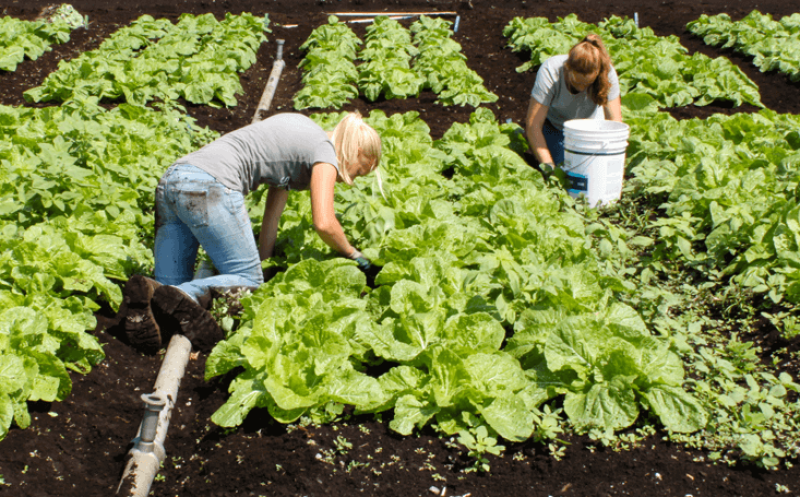Many people choose organic thinking it’s better for humans and the planet, but a new UBC study published today in Science Advances finds that might not always be the case.
“Organic is often proposed [as] a holy grail solution to current environmental and food scarcity problems, but we found that the costs and benefits will vary heavily depending on the context,” said Verena Seufert, a researcher at the Institute for Resources, Environment and Sustainability (IRES).
…
Seufert and [co-author Navin] Ramankutty [Canada Research Chair in Global Environmental Change and Food Security at UBC] argue that in countries like Canada where pesticide regulations are stringent and diets are rich in micronutrients, the health benefits of choosing organic may be marginal.
…
Previous research has shown that on average, the yield of an organic crop is 19 to 25 per cent lower than under conventional management, and Seufert and Ramankutty find that many of the environmental benefits of organic agriculture diminish once lower yields are accounted for.
“While an organic farm may be better for things like biodiversity, farmers will need more land to grow the same amount of food,” said Seufert. “And land conversion for agriculture is the leading contributor to habitat loss and climate change.”
The GLP aggregated and excerpted this blog/article to reflect the diversity of news, opinion, and analysis. Read full, original post: Organic is only one ingredient in recipe for sustainable food future































